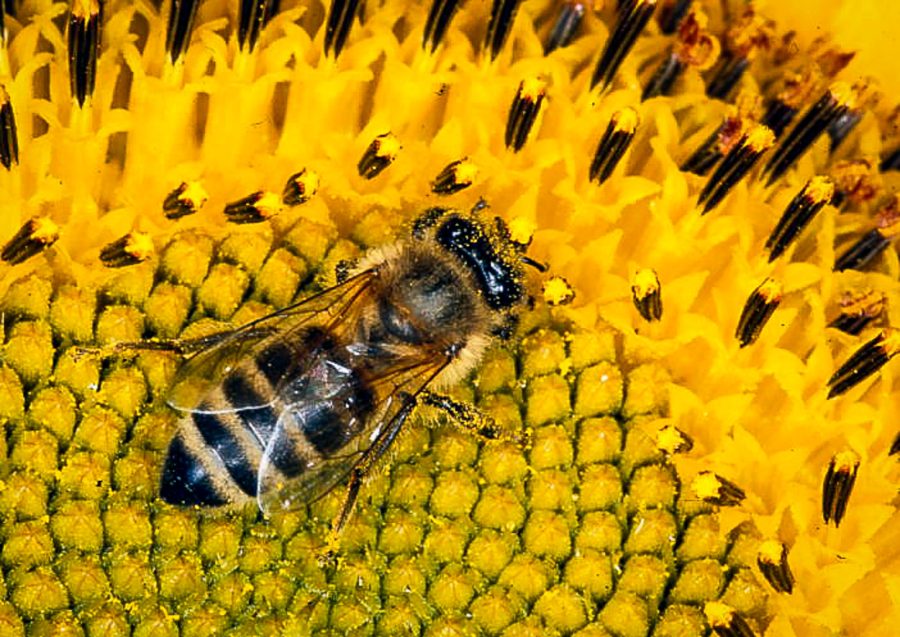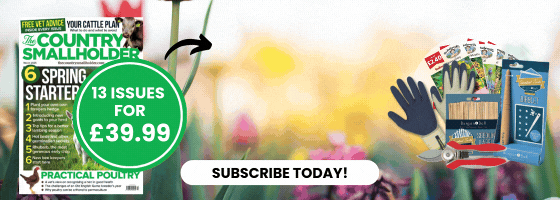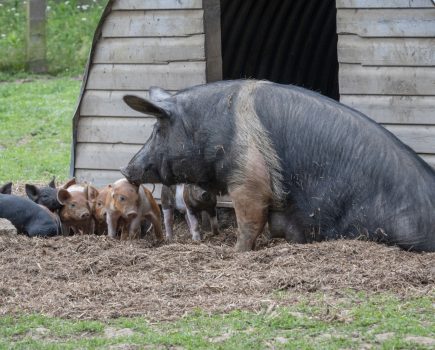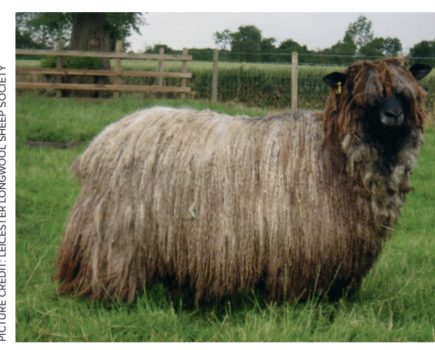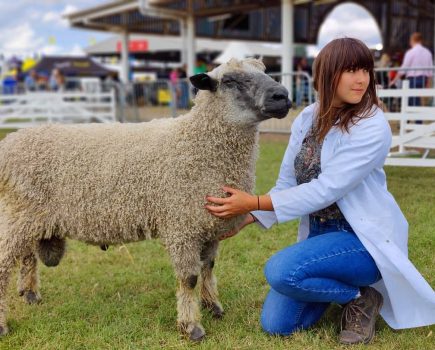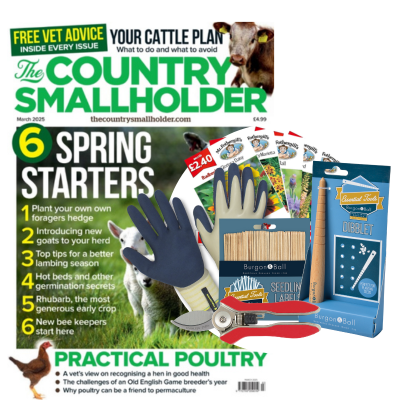In this article extract taken from the August issue of The Country Smallholder magazine Claire Waring looks at what to do if the forage runs out for your bees in late summer.
One of the things a beekeeper has to remember is that they have taken responsibility for livestock. Generally, the mention of ‘livestock’ brings up a picture of cows, sheep and pigs. However, a colony of bees is just as much livestock. You are usually keeping them to provide you with honey and maybe beeswax. This means you are looking after the welfare of your colonies for 12 months of the year.
Yes, even in winter when the bees are clustering in the hive. Then you need to check regularly that they are not running out of food and that the hive is still intact and has not been blown over in a storm or let rain in through a leaky roof.
TELLING HOW THE BEES ARE SHORT OF FOOD
You especially need to make sure your colony has sufficient food at specific times of year. The obvious one is when you have taken off the honey and need to replace the bees’ winter stores with sugar syrup or candy.
Of course, you can always leave them a super of honey which is by far the best winter food but that depends on your approach and how much honey the bees have collected and how much you want to take. If the weather is bad during the year, bees can run short of food. Although it is generally good (we hope), in summer, forage can be in short supply, especially in a heat wave when nectar can dry up.
How this affects your colonies depends to some extent on where you are. Bees in urban settings will have access to garden flowers and should be able to obtain sufficient nectar income to keep them ticking over. They should, of course, have some stores already around the brood nest although prolific bees such as the Italian Apis mellifera ligustica are proficient at turning stores into brood.
Bees in rural areas may run into difficulties, especially in arable areas such as the east of England. The oilseed rape and field beans will be over. Bees in reach of the heather moors will have to wait until late July/August before they can benefit there although ling heather and rosebay willow herb will flower earlier, as will the blackberries.
HOW TO FEED BEES
If your child, cat or dog are hungry, what do you do? Feed them! It’s the same with your bees, especially in the winter. Check the state of the colony’s stores by checking the combs.
A full British National brood comb will hold about 2.3 kg of honey so you can estimate from that. A full super frame holds around 1.2 kg if you have supers on your hive. If you think the bees are running short and there isn’t a lot of suitable forage around, then you can feed light sugar syrup (1:1 ratio of sugar:syrup) at this time of year.
This article extract was taken from the August edition of The Country Smallholder. To read the article in full – with further tips on how to feed your bees – you can buy the issue here.
To receive regular copies of The Country Smallholder magazine featuring more articles like this, subscribe here.
For FREE updates from the world of smallholding, sign up for The Country Smallholder newsletter here.

